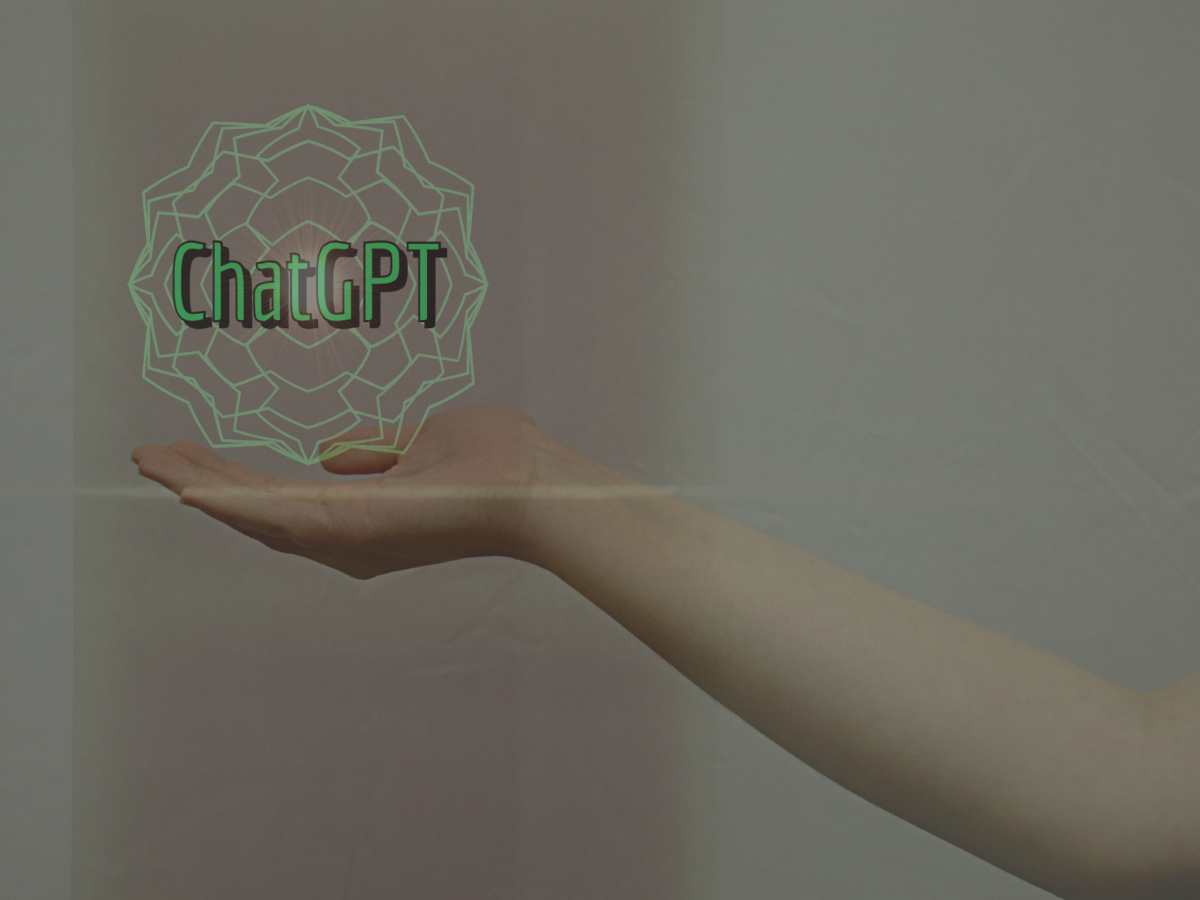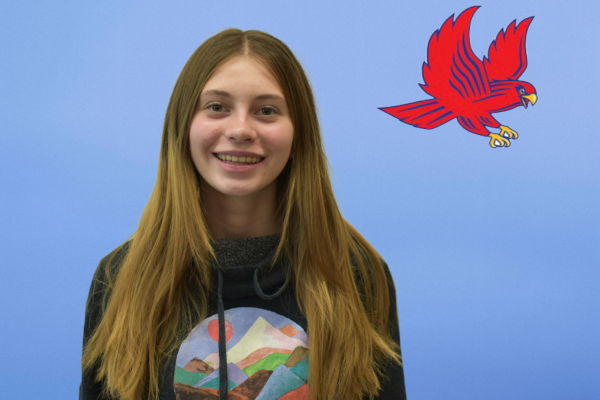In November of 2022 — nearly a year ago — ChatGPT was released to the public.
Nearly every day there is a new article on what ChatGPT can do, or on how some students used it to cheat by having it write their essays. This is becoming increasingly common according to a survey by study.com, an online education resource that stated, “More than a quarter of K-12 teachers have caught their students cheating using ChatGPT.”
The incredible power of ChatGPT has many wondering how this is going to affect students’ education. Will students stop writing their essays and doing their homework when ChatGPT can do it faster and with better grammar and vocabulary? Will teachers be able to recognize what work is done by their students vs. by artificial intelligence?
Within their syllabi, many La Salle teachers introduced new rules and restrictions regarding the use of AI and ChatGPT in their classrooms — some open to its use, others forbidding it altogether.
Science teacher Mr. Eric Roth says that while he does not want his students using ChatGPT, he would be open to using it when planning his lessons and thinking of new ideas to help him teach.
English teacher Mr. Christopher Krantz says that he “will continue to try to teach my students how to write the best way I know,” he said, which is without the use of ChatGPT and AI, and is glad that he will no longer be teaching by when, in four to five years, he believes ChatGPT will have dramatically changed how English is taught. Mr. Krantz is also more receptive to students using ChatGPT as long as it is with permission, used as a tool, not as the sole writer, and ChatGPT credited.
Something that the two teachers agreed upon, despite teaching very different subjects, is that ChatGPT is not to be used as anything but a tool to help students learn.
One of the main aspects that the creator of ChatGPT, Sam Altman, hopes that ChatGPT will be able to do is be a personal teacher for students. Despite this, when Sophomore Gabrielle Jones tried using ChatGPT to help her study for her chemistry test she did not have a positive experience. “I honestly felt that it was really limited,” she said. She had it explain the steps of a problem to her as an experiment but she “followed along with the steps as confusing as they were and they gave me the wrong answer,” Jones said.
ChatGPT didn’t work very well for Jones, and teachers are noticing other faults in it. Mr. Roth and Mr. Krantz both said that when they came across students who had used ChatGPT to write, it was very clearly not their students.
Mr. Roth said that he was able to identify that a student had used AI to write by the word choice and terminology. “It’s not age appropriate … this is vocabulary that is not a 17 or 18-year-old is using, or even a 22-year-old,” he said.
Mr. Krantz identified ChatGPT in student’s work through its lack of voice. He spent the summer learning how voice was created, so that he could teach his students how to develop theirs. He said that voice “is the one place it’s going to distinguish us between the machine.”
Mr. Krantz wrote a Shakespearean style poem that took him three months. ChatGPT wrote one in ten seconds. Even though teachers were able to identify between their students and ChatGPT, a survey given to students of all grades as well as teachers shows that people were about 50/50 on which piece was written by Mr. Krantz and ChatGPT. People’s explanations for their choices ranged from just feeling like one was written by AI to that the word choice was odd.
Change is coming, and even though no one, at this point, is sure about how or how much, we all need to learn how to responsibly use ChatGPT while still getting an education.


